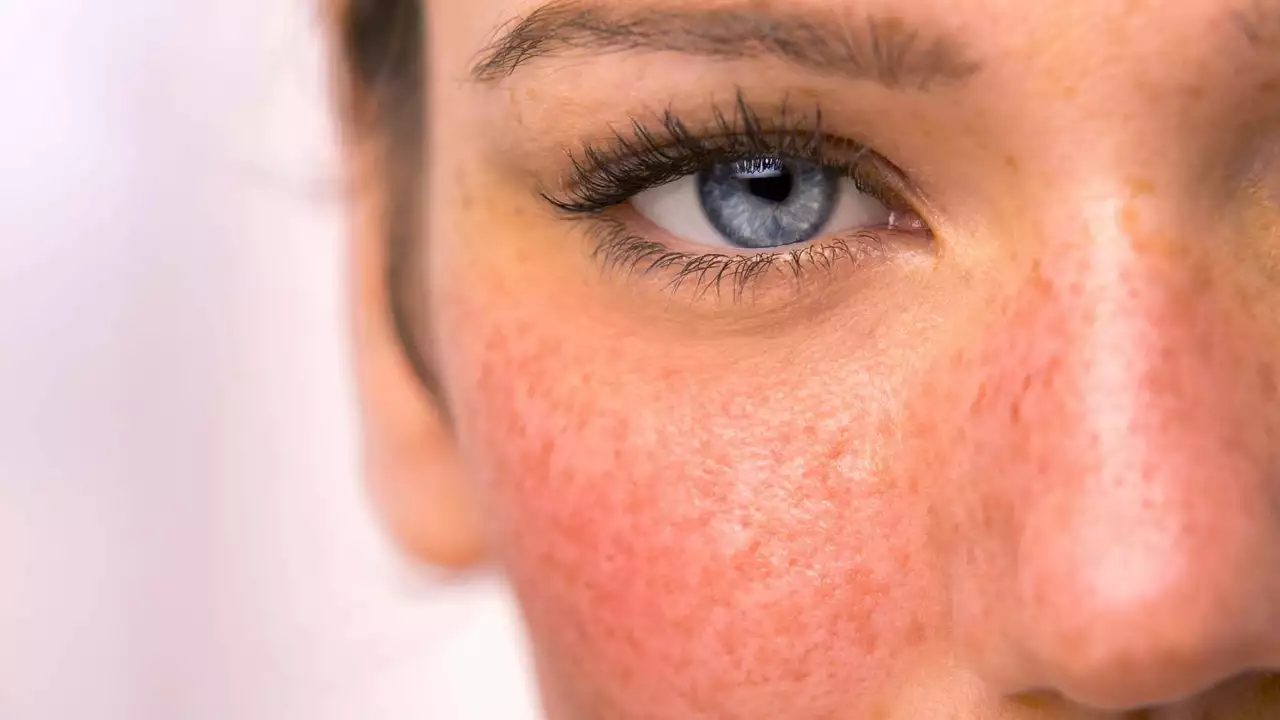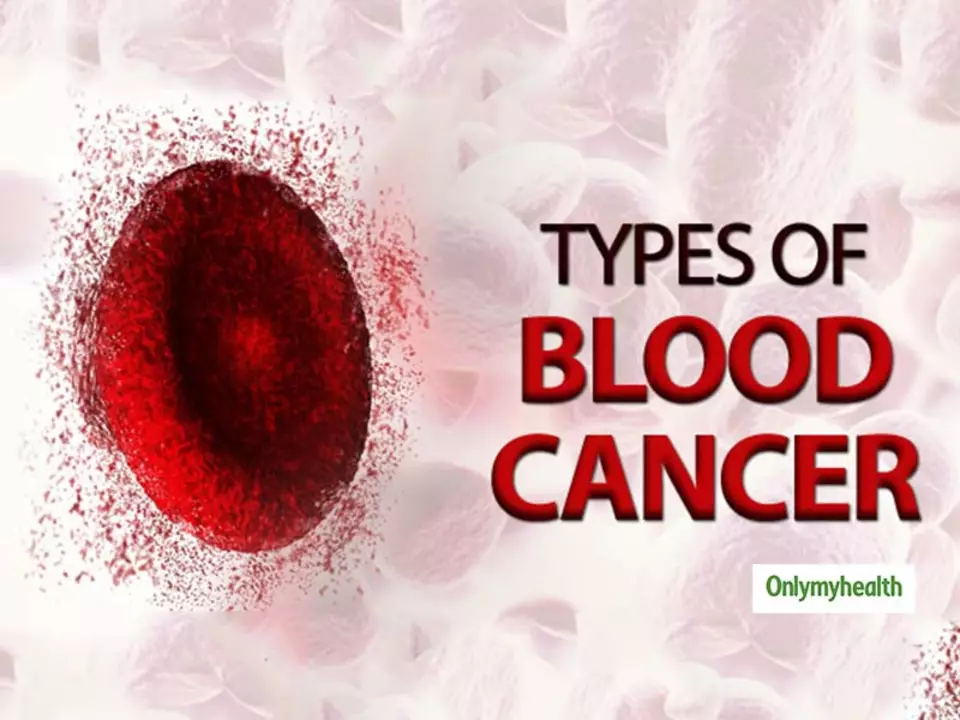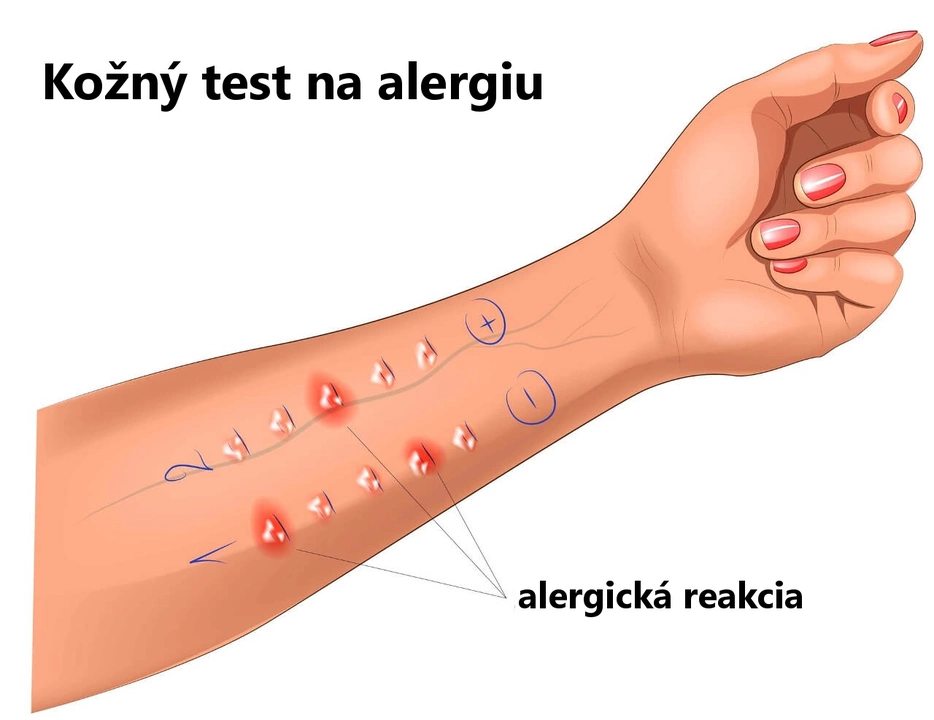Treatment Guides & Alternatives – What You Need to Know
When you search for a treatment, the first thing you want is clear info that actually helps you decide. On this page you’ll find short, straight‑to‑the‑point articles about everything from blood thinners to hair regrowth, plus tips on buying medicines safely online.
Quick Picks: Popular Treatment Topics
We’ve grouped the most searched‑for treatments into easy categories. Click any title to read a step‑by‑step guide that covers what the drug does, common side effects and how to order it without hassle.
- Blood thinners – Learn about Plavix, why doctors prescribe it and red‑flag symptoms you should watch for.
- Hair loss solutions – Rogaine basics, what results look like and how long to wait before seeing changes.
- Erectile dysfunction meds – Compare Tadalis SX, Vardenafil alternatives and safe buying tips.
- Asthma & COPD inhalers – New Symbicort competitors, cost differences and smart‑inhaler features.
- Hormone & fertility drugs – Clomid alternatives, what to expect from IVF and other options in 2025.
How to Choose the Right Treatment for You
First, ask yourself a simple question: does this medicine address my main symptom? If you’re not sure, our articles break down the condition in plain language so you can match it with the right drug. Next, check side‑effect profiles – we list the most common issues and how often they appear, so you won’t be surprised.
Buying online adds another layer of decision making. Look for pharmacies that require a prescription, show clear contact info and have positive user reviews. Our guides point out red flags like “no prescription needed” claims or prices that seem too low to be true.
Finally, talk to your doctor or pharmacist. Even if you feel confident after reading, a quick chat can confirm dosage, interactions with other meds and any lab tests you might need before starting.
Whether you’re hunting for a cheap alternative to Zolpidem, curious about the bone health risks of disoproxil, or need diet tips for thyroid support, this tag page gathers everything into one spot. Bookmark it, come back when new treatments appear and stay ahead of the curve without wading through endless search results.
Got a specific drug in mind? Use the search box at the top of the site to jump straight to that article. If you can’t find what you need, our contact page lets you ask a question – we’ll get back with a concise answer tailored to your situation.
In my recent research, I've discovered that Minocycline packs quite a punch when it comes to treating skin infections. Not only is it a potent antibiotic effective in battling bacteria linked to acne, but it also reduces inflammation, which can contribute to skin discomfort. Its oral form can even treat more serious skin conditions, such as rosacea and perioral dermatitis. In addition, Minocycline has fewer side effects compared to other antibiotics. So, if you're in a battle with troublesome skin, Minocycline might just be the reinforcement you need.
In my recent exploration, I've delved into the role of Ribociclib in treating male breast cancer. This innovative drug works by inhibiting the division and growth of cancer cells, helping to stop or slow the disease's progression. It's shown promise in clinical trials, even in cases where traditional treatments have fallen short. This could be a game-changer for men who are often overlooked in breast cancer research. The potential of Ribociclib shows us that we are making strides in the right direction in cancer treatment.
As a blogger, I recently delved into the connection between blood cancer and myeloma. Blood cancer, also known as hematologic cancer, primarily affects blood cells and bone marrow. Myeloma, on the other hand, is a type of blood cancer that specifically targets plasma cells in the bone marrow. This connection is crucial as myeloma can lead to a weakened immune system and other complications. Understanding the relationship between these two conditions can help raise awareness and improve treatment options for those affected.
As a blogger, I've recently come across the topic of Bepotastine and its role in treating chronic urticaria. For those who may not know, chronic urticaria is a skin condition characterized by the appearance of hives, itchiness, and redness. I've found that Bepotastine is an antihistamine that helps alleviate these symptoms by blocking histamine release, which is responsible for the allergic reactions in our body. Many studies have shown Bepotastine to be effective in reducing the severity and frequency of chronic urticaria flare-ups. Overall, it's great to know that there are medications like Bepotastine that can provide relief to those suffering from this frustrating and uncomfortable skin condition.



